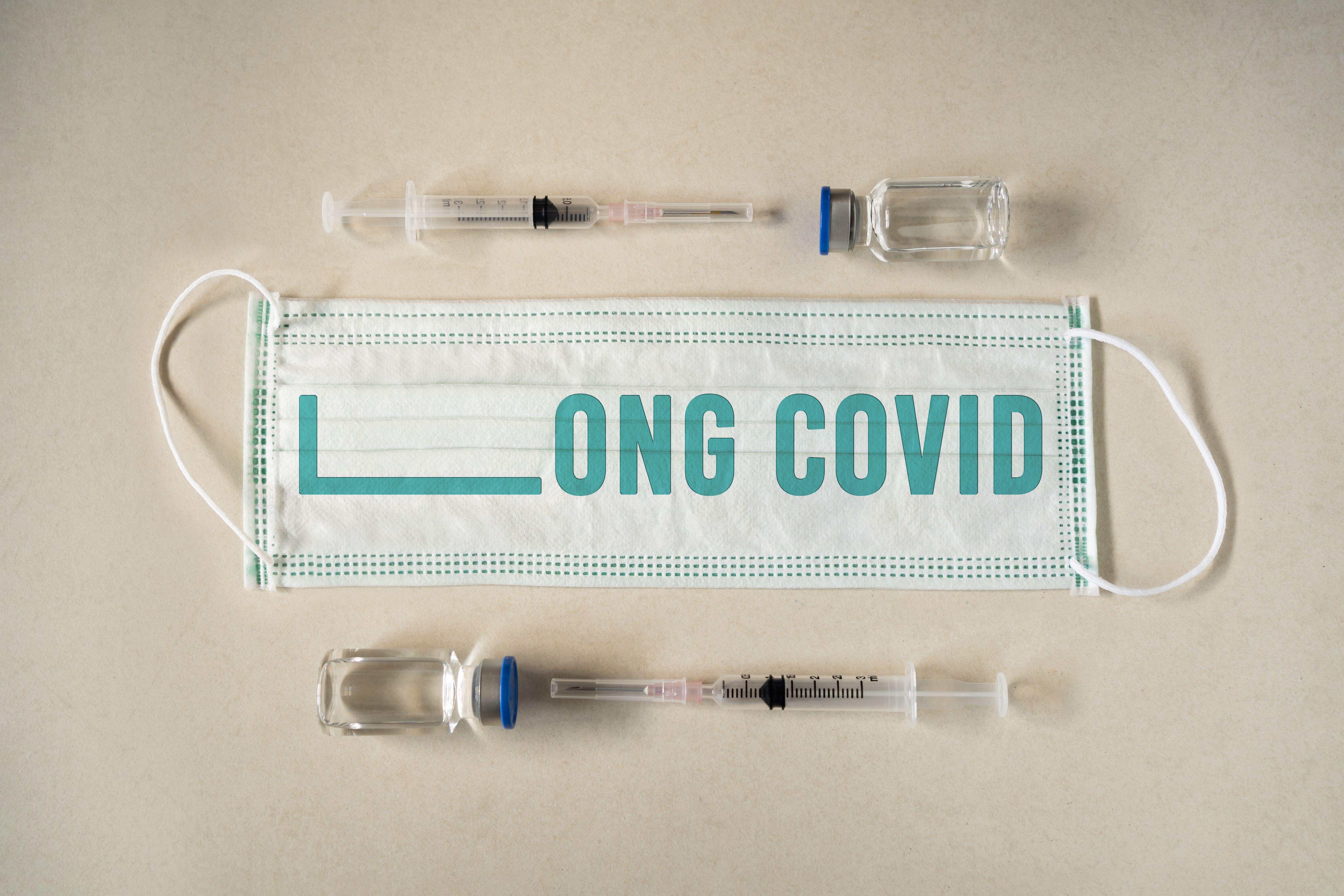
There have been cases of teenagers suffering from long Covid for more than two years, researchers have said following the largest study of its kind.
Experts said more work is needed to understand why some children still have ongoing health problems two years after the infection.
Campaigners said two years is a “long time in the life of a child”.
Researchers from across the UK, led by experts from University College London (UCL), examined data on thousands of older children and teenagers.
Young people aged 11 to 17 were asked about their health three, six, 12 and 24 months after taking a PCR test for the Covid virus between September 2020 and March 2021.
Out of 12,632 teenagers and older children who participated in the study, some 943 tested positive and provided answers at three, six, 12 and 24 months after their original test.
Of these, 233 were deemed to have long Covid three months after initially testing positive.
At six months, 135 continued to meet the research definition of long Covid, according to the paper, which has been published in the journal Nature Communications.
The children and teenagers were defined as having long Covid if they had more than one symptom – for at least three months – of tiredness, trouble sleeping, shortness of breath or headaches, alongside problems with either mobility, self-care, doing usual activities, having pain or discomfort, or feeling very worried or sad.
After a year, 94 were still deemed to have long Covid.

This reduced to 68 two years after the initial positive test, according to the research, which is the world’s largest “longitudinal cohort study” on long Covid in children.
Experts highlighted that this means 70% who had long Covid three months after the infection had recovered by two years. But 30% had not.
These children reported an average of five to six symptoms every time they reported on their health.
Long Covid symptoms
Here is the ONS’s list of self-reported long Covid symptoms in the UK:
Abdominal pain
- Allergies
- Chest pain
- Cough
- Diarrhoea
- Difficulty concentrating
- Ear pain
- Eyesight
- Fever
- General pain
- Hair loss
- Headache
- Joint pain
- Loss of appetite
- Loss of smell
- Loss of taste
- Low mood or not enjoying
- Memory loss or confusion
- Mobility
- Muscle ache
- Nasal congestion
- Nausea or vomiting
- Wheezing
- Numbness
- Palpitations
- Runny nose or sneezing
- Shortness of breath
- Skin rash/itch
- Sore throat
- Tinnitus
- Trouble sleeping
- Vertigo or dizziness
- Weakness or tiredness
- Worry or anxiety
“Our findings show that, for teenagers who fulfilled our research definition of long Covid three months after a positive test for the Covid virus, the majority have recovered after two years,” said study chief investigator and first author, Professor Sir Terence Stephenson, from the UCL Great Ormond Street Institute of Child Health.
“This is good news but we intend to do further research to try to better understand why 68 teenagers had not recovered.”
Older teenagers and the most deprived were more likely to have long Covid, experts found.
And girls were more likely than boys to have long Covid, though the study did not account for menstruation and pre-menstrual syndrome.
The authors were also keen to stress that the children tested positive before the Delta and Omicron variants of the virus became dominant, so the findings may not reflect the long-term effects of these variants.
Commenting on the study, Dr Nathan Cheetham, from King’s College London, said: “This study again shows that health conditions like long Covid tend to affect the most disadvantaged in society, both young and old.
“These results reinforce the need to address the underlying causes of ill-health, such as poor housing conditions, financial stress and unequal access to healthcare services, if we want to shift focus towards preventing illness before inequalities such as those found in this study arise.”
Sammie McFarland, from the charity Long Covid Kids, said: “Two years is a long time in the life of a child.
“While the study reassures us that most participants recovered within this period, the 30% of children and young people still affected highlights that long Covid remains a significant childhood illness and a pressing concern.
“This underscores the urgent need for effective treatments to ease the ongoing burden of this illness.
“Hormonal factors in symptom persistence require further investigation.
“Whilst the findings offer hope, they also emphasise the need for continued services, research and collaboration, including voices of lived experience, to ensure no child is left behind.
“Long Covid Kids remains committed to supporting families and advocating for essential resources.”
Dr Margaret O’Hara, founding trustee at the charity Long Covid Support, said: “The limitations of this study demonstrate the need for new, good quality prospective research into long Covid in children and young people.
“In the fifth year of the pandemic it is astonishing that the true burden of the damage that has been done, and continues to be done, to our children and young people in the UK has not been firmly established.”







